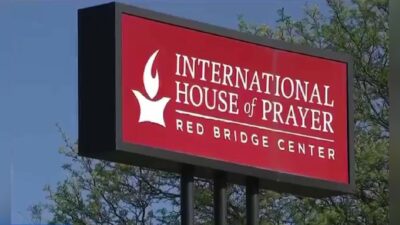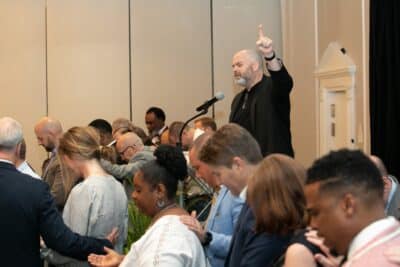With the arrival of the year 2023 in two months, that means many church elders and board members will soon be voting to approve church budgets.
Bob Santy, Executive Pastor of Operations at Sunridge Community Church in Temecula, California, recommends that churches finalize a budget two months before the church fiscal year.
Budgets reveal church priorities. Here are several critical questions that can guide a church leader on voting to approve a church budget, a crucial part of financial governance. The same questions can also help concerned donors evaluate their financial support for a church:
Discipleship: When Jesus gave the Great Commission to His followers, Jesus told them to make disciples. This is the purpose of the church. Is the church effectively making disciples? If the church is declining, does the church need new leadership or to change its financial priorities by investing more in discipleship programs?
Program Services: How much does the church spend on its stated mission? By subtracting administrative and fundraising expenses, a concerned donor can determine how much is spent on program services.
Your tax-deductible gift helps our journalists report the truth and hold Christian leaders and organizations accountable. Give a gift of $30 or more to The Roys Report this month, and you will receive a copy of “Hurt and Healed by the Church” by Ryan George. To donate, click here.
Salaries: According to executive search firm Vanderbloemen, “The average church uses 52% of the church budget on compensation.” Often the highest paid church employee is the senior pastor. Is the pastor paid too much? Does the pastor receive an outrageous housing allowance? If the senior pastor were paid less, would the church be able to hire another employee? Are the church salaries reasonable?
The IRS website asks an important question: “How do we know whether the compensation we’re paying to our officers and key employees is reasonable?” The answer: “Reasonable compensation is the value that would ordinarily be paid for like services by like enterprises under like circumstances.”
Transparency: Is the church refusing to disclose big ticket expenses? If a church refuses to disclose pastor salaries, there might be excessive compensation. If the church has been sued, is the church disclosing attorneys’ fees?
Donor responsibility: In response to the infamous Jim Bakker/PTL scandal, Congress held a hearing in 1987. Pastor D. James Kennedy testified, “I would think that if a person is going to give money to something, that they have … a responsibility to learn where it is going.”
Donor responsibility should serve as a check to prevent the church from straying from its mission to evangelize the world, make disciples, help the poor, the fatherless, the stranger, and the widows. If the church primarily operates as a social club for its members, then donors should take their money elsewhere.
This article was originally published by Trinity Foundation.
Barry Bowen is a staff member of Trinity Foundation, a public nonprofit based in Dallas, Texas that has been tracking religious fraud and helping victims for over 30 years.




















2 Responses
When churches make out their annual budgets I have often wondered how many pennies if any make it outside of the church to charities? I think lots of what is given to Associations, State Organizations, etc. gets eaten up by administrative costs to the recipient.
The section on salaries is not helpful with its recommendation of decreasing salaries or “outrageous” housing allowance. some pastors are paid too much but most ministers are underpaid. We’ve made enormous sacrifices to continue in our work. Housing allowance isn’t bonus housing money. It just decreases your taxable income. In my case housing allowance doesn’t offset the added cost of being ordained and responsible for added self employment tax. In 17 years of vocational ministry, I’ve never worked for a paycheck or to be rich. But the cost of being in ministry is high and I’ve never felt less financially secure.
Churches (like schools & other chronically underpaying institutions) rely on a steady stream of people willing to sacrifice financial stability for calling.